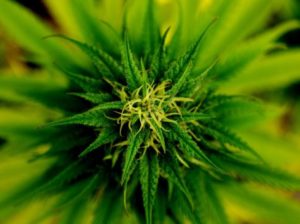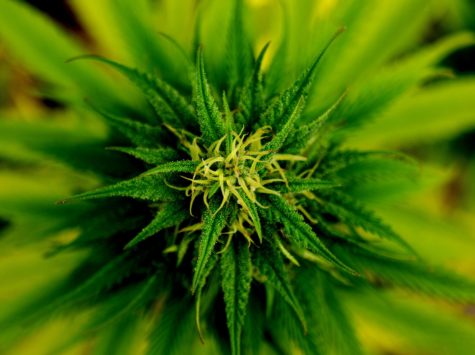EUGENE, Ore. — One of the main wedges in the marijuana legalization debate concerns teenage consumption. Many parents or would-be parents fear that making cannabis products easier to obtain and use will lead more children to giving pot a shot. But recent research shows legalization isn’t necessarily drawing more teens to try marijuana, but it is affecting how frequently previous users are lighting up.
Researchers from the Oregon Research Institute found that after marijuana was legalized in the state, the number of teen users didn’t increase. However, teenagers who were already using marijuana before legalization increased their frequency of use after legalization.

In 2015, when Oregon legalized recreational marijuana sales, researchers from the institute were already studying substance use in eighth- and ninth-graders. The team was able to obtain marijuana use data from the teens before and after legalization, as well as compare counties that had installed recreational marijuana shops and those that were still allowed to ban them. They found that participants who had tried marijuana by eighth grade increased their consumption by 26% more the following year than teenagers who were in ninth grade after legalization, compared to teens who were in ninth grade before legalization.
“When making policy decisions about marijuana, it is important to consider how those policies can effect teenagers. Although legalization of recreational marijuana prohibits use in those under 21, changes in youth attitudes toward marijuana, age of initiation, and frequency of use may occur,” says Julie C. Rusby, principal investigator of the research, in a statement.
Previous studies have indicated that while marijuana doesn’t cause serious side effects in adults, sustained use can have long-term effects on the still-developing brains of teenagers.
“In states that legalize recreational marijuana, study results point to the importance of preventing youth who use marijuana from escalating their use,” notes Rusby. She says prevention campaigns to show children how cannabis use can hamper development of their brains, as well as giving parents more resources to learn how to effectively discuss the topic with teens could prove helpful in keeping curious or at-risk children from lighting up in as legalization continues to become more commonplace.
The full study was published in the Feb. 2018 edition of the journal Psychology of Addictive Behaviors.
